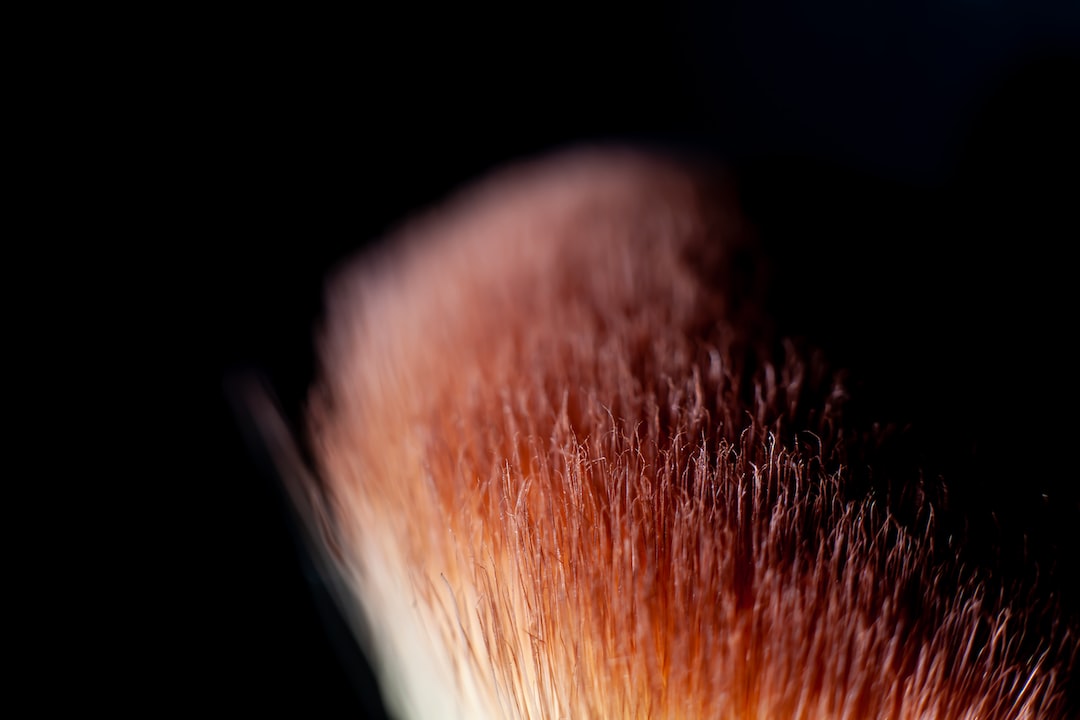The popularity of tattoo removal
With the increasing popularity of tattoos in recent years, it’s no surprise that tattoo removal has also become a popular trend. Whether it’s due to a change in personal taste, a desire to get rid of a reminder of a past relationship, or a need to comply with workplace policies, more and more people are seeking to have their tattoos removed.
The role of tattoo age in removal process
One common question that arises is whether older tattoos are harder to remove compared to newer ones. To answer this question, it’s important to understand how tattoo removal works.
How tattoos are removed
Tattoo removal involves using laser technology to break down the ink particles in the skin. The laser emits high-intensity light beams that selectively target the tattoo pigment, causing it to fragment into smaller particles. The body’s immune system then gradually removes these fragmented ink particles over time, resulting in the fading and eventual disappearance of the tattoo.
The impact of tattoo age
The age of a tattoo can impact the removal process, but it doesn’t necessarily make it harder. In fact, older tattoos often respond better to removal treatments compared to newer ones. This is because over time, tattoos may naturally fade and become less defined, making it easier for the laser to break down the ink particles.

However, there are other factors to consider that can affect the ease of tattoo removal:
- Tattoo color: Certain colors, such as black, red, and dark blue, are easier to remove compared to lighter colors like yellow and green. This is because darker pigments absorb more laser energy, allowing for more efficient fragmentation of ink particles.
- Tattoo size and location: Larger tattoos and tattoos located closer to the heart tend to fade faster due to increased blood flow, which aids in the removal process.
- Skin type and health: The type and health of the individual’s skin can also play a role. People with fairer skin generally have better results with tattoo removal, as the laser can more easily differentiate between the tattoo pigment and the surrounding skin.
In conclusion, older tattoos are not necessarily harder to remove. In fact, they often respond better to removal treatments due to natural fading over time. However, factors such as tattoo color, size, location, and individual skin characteristics can also influence the ease of tattoo removal.
If you’re considering tattoo removal, it’s important to consult with a professional who can assess your specific situation and provide personalized advice on the best approach for your tattoo removal journey.






